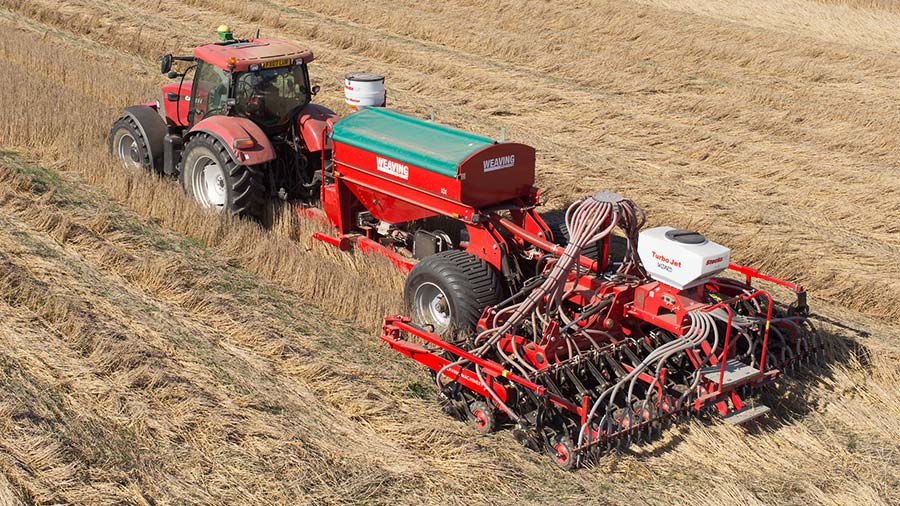NFU backs Yen Zero bid to cut carbon footprint
 ©Tim Scrivener
©Tim Scrivener Seventeen farming organisations have signed up to support Adas’ Yield Enhancement Network (Yen) Zero project to help arable farmers reduce their carbon footprints.
Launched as a pilot scheme in 2021, the initiative has begun its first full year of analysing greenhouse gas emissions from arable units.
According to Adas, Yen Zero calculates and benchmarks crop emissions field by field, helping to identify hotspots and suggesting possible mitigation strategies.
See also: Trading carbon and natural capital – legal advice for farmers
It does this by bringing together an industry-wide community of stakeholders to understand better what drives variations in crop emissions.
The latest organisation to back the initiative is the NFU which joins Defra, AHDB, crop protection companies and food processors.
The stakeholders then act as a network to support growers in sharing field data to compare emissions between farms, fields and crops.
Ultimately the aim is to share knowledge and help growers with practical advice on how to achieve farming’s net zero emissions by 2040.
It also sets out to establish an aligned method of calculating cropping carbon footprints and to test strategies that will work across different arable farms.
How Yen Zero works
Analysis and benchmarking of cropping emissions are presented as a total carbon footprint on a per hectare and per tonne of yield basis.
Each participating farm can submit six crops for carbon footprint analysis.
The entrants will then receive two reports – a carbon footprint report, detailing the emissions of the crops entered into the network and a benchmark report which will compare footprint data against other growers.
It will also provide a dataset to better understand the factors driving variation in greenhouse gas emissions and end-of-year results with the main findings of the benchmark analysis and highlight successful practices in action.
Get involved
Contact Adas via email yenzero@adas.co.uk to find out more about a sponsor backed entry or an independent entry at a cost of £110 +VAT.
